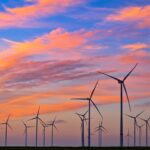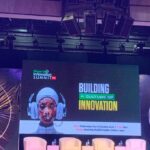In celebration of Earth Day 2025, Earthplus Sustainability Network hosted an X Space meeting on April 19, 2025, to address the persistent issue of energy accessibility in Nigeria’s underdeveloped communities. The virtual conversation featured insightful discussions with renowned renewable energy experts from Nigeria and the diaspora, including: Ifeoma Malo Glory Oguebu Victory Osarumwense Chidalu Onyenso...
Individual Premium Membership Required
You must be a Individual Premium member to access this content.
Already a member? Log in here




